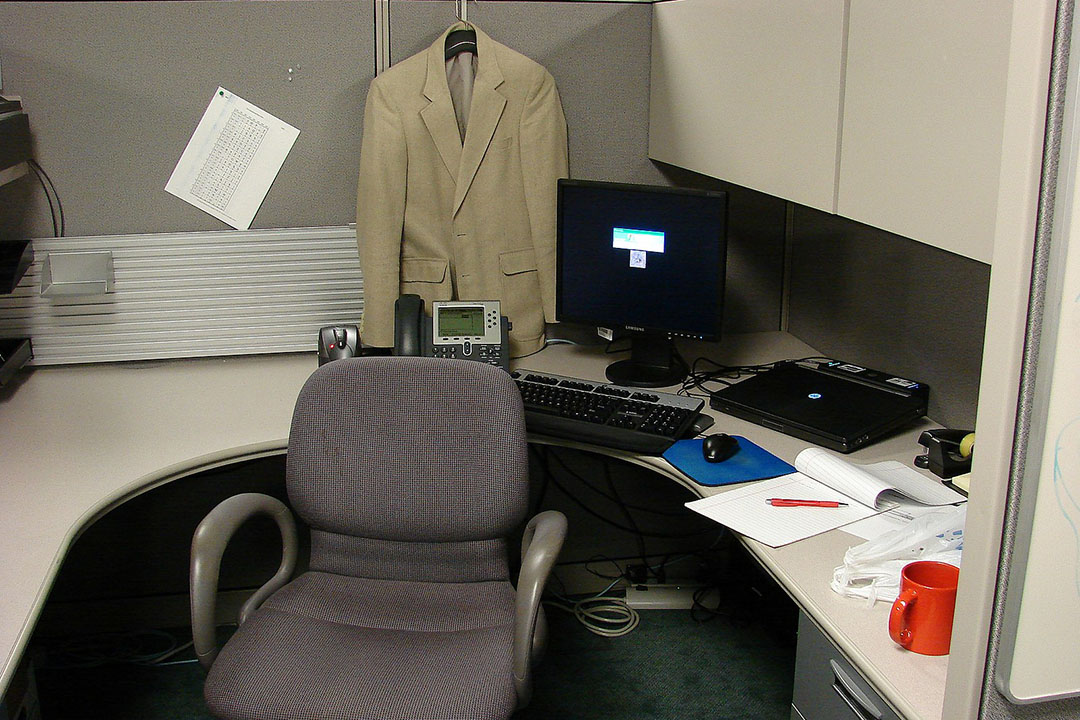In the weeks leading up to final exams in the last semester, I found it increasingly difficult to find the time to fit in activities I enjoyed. I’ve looked back and did some introspection to figure out why.
Here’s what I did wrong — and what you can do right.
Start early; it pays off
By starting early and getting a head start on information throughout the semester, you’re making life far easier for the future you. As opposed to dumping all the information on yourself at the end and drowning in work, making no possible time for leisure — make a plan.
While you might not stick to it entirely, having a plan does help. There will be days where you want to sit in bed and do nothing — trust me, we’ve all been there — but by making a plan, even if you accomplish just one of the many tasks you need to do, doing something will feel far better than doing nothing. And if doing nothing makes you happy, make sure that you plan to take a day off.
As opposed to finding occasional time for leisure, carve the time out for leisure. Evidence shows that working longer hours is harmful. Therefore, it truly is important to work smarter, not harder.
Working smart
But keep it simple — it’s easy to fall into the habit of overscheduling yourself. By setting realistic goals and achieving them, you’ll have a sense of accomplishment and be able to make time for doing the things you enjoy. On the contrary, by overscheduling yourself, you’re inherently setting yourself up for failure. As a society, we’ve been indoctrinated to believe that more is better, but that’s not necessarily the case.
There are many different ways to study, too. It’s not a one-size-fits-all model: you have to find your groove. Some of us are visual learners, for example. Similarly, the silence of a library works for some, while others need a bustling coffee shop or the comfort of their room. Sometimes studying for each class will work differently. Find what works for you.
Stop and smell the roses
There are multiple study methods that incentivize breaks, such as the Pomodoro technique. But just as studying techniques are different for everyone, as are the breaks that come with them. For some of us, a long break is far more beneficial, be it for a one-hour gym session, baking a cake, or even just laughing with some friends. And for some, taking breaks for five to 10 minutes between 30-minute study sessions may yield better results.
Taking breaks can help improve memory, serve as an energy booster, and reduce stress, among other benefits. But it’s important to know what breaks work for you. In the digital age, it’s easy to be sucked into your phone, and that so-called five-minute phone break often turns into spending 15 minutes scrolling through Instagram. To prevent this, set a timer for your break to keep yourself on track.
The most important part of taking breaks is to feel rejuvenated once you’re done with them. It’s easy to forget to reach out, but remember you’re not alone: call a friend, or go for a walk. Sometimes sitting inside for too long can feel suffocating.
Given the high stakes for some people — be it aspirations for medical school, law school, or graduate school — many people have this incessant need to be better and to constantly compare themselves with others. Sometimes it’s essential to take a step back and not go at 100 miles per hour all the time. Most importantly, remember you’re more than your GPA — so take care of yourself.


